Photo credit: Flickr/USDA
Food waste is a major issue around the world. Every year, 40 percent of food in the US is not eaten. The EU wastes 100 million tons. Globally, 1.3 billion tons of food is wasted. This is a problem for several reasons. About 795 million people, or roughly 11 percent, of the world's population is considered food insecure. Additionally, wasted food means that all the resources that go into creating that food are also wasted. Those resources, like fuel for shipping and water for growing crops, contribute to climate change.
The good news is, there's a lot that can be done to decrease the amount of food that is lost. Just last month, the EU committed to decrease its food waste by half. France passed a law banning supermarkets from throwing away food and Italy passed a similar law. While the US doesn't have similar laws yet, there are several on the books that encourage food donation.
Read More: The Dumb Reason Half of Food Is Thrown Away in the US
While laws are definitely needed to help solve this problem, there's also a lot you can do in your every day life to help reduce overall food waste. While it might not seem like one person's actions can make a dent, that's not true. By setting a good example, you can inspire others to reduce food waste in their lives, too!
Here are 32 easy and practical ways you can help reduce food waste.
1/ Make a List
Each week, plan out what you’ll make for your meals, create a shopping list, and stick to it. Going into the store with game plan will prevent you from buying too much food. Even better, you won’t have to stare blankly into your fridge every night and decide what to make.
2/ Plan Ahead
Think about the week ahead, and what events and obligations you have. If you have plans Tuesday and Thursday, plan accordingly.
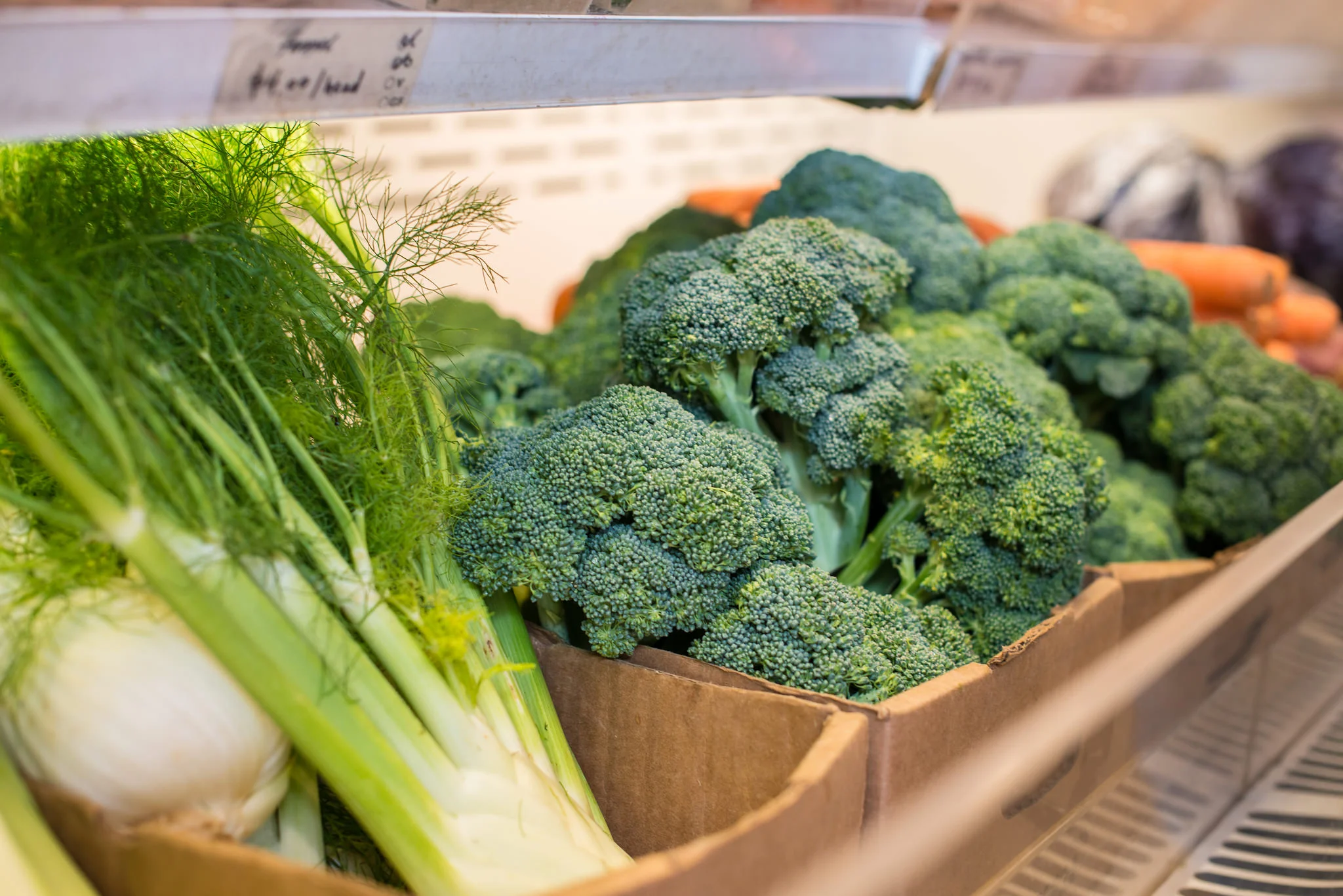
Photo credit: Flickr/USDA
3/ Multi-Purpose Ingredients
Plan your meals around how ingredients in meals can work together. If you want to make something with blue cheese one night, make sure another recipe that week also calls for it, so you don’t end up with half a container of it on your hands when Friday rolls around.
Read More: 11 Myths About Malnutrition
4/ Go Digital
There are some apps you can use for meal-planning, but old-fashioned pencil and paper work just as well.
5/ Odds and Ends Dinner
Leave one meal a week unplanned — inevitably you’ll have an assortment of ingredients left over. It’s a fun challenge to figure out how to make a meal out of your odds and ends.
6/ Meal-Planning Bonus
Aside from reducing food waste, meal planning will help you save money and eat healthfully.
Read More: Airline Food's New Purpose Is Feeding the Poor
7/ Review Your Fridge Before Shopping
Before you go to the store, take a quick look to see what you already have. Even if you’re planning, you might have forgotten about that green pepper in the crisper.
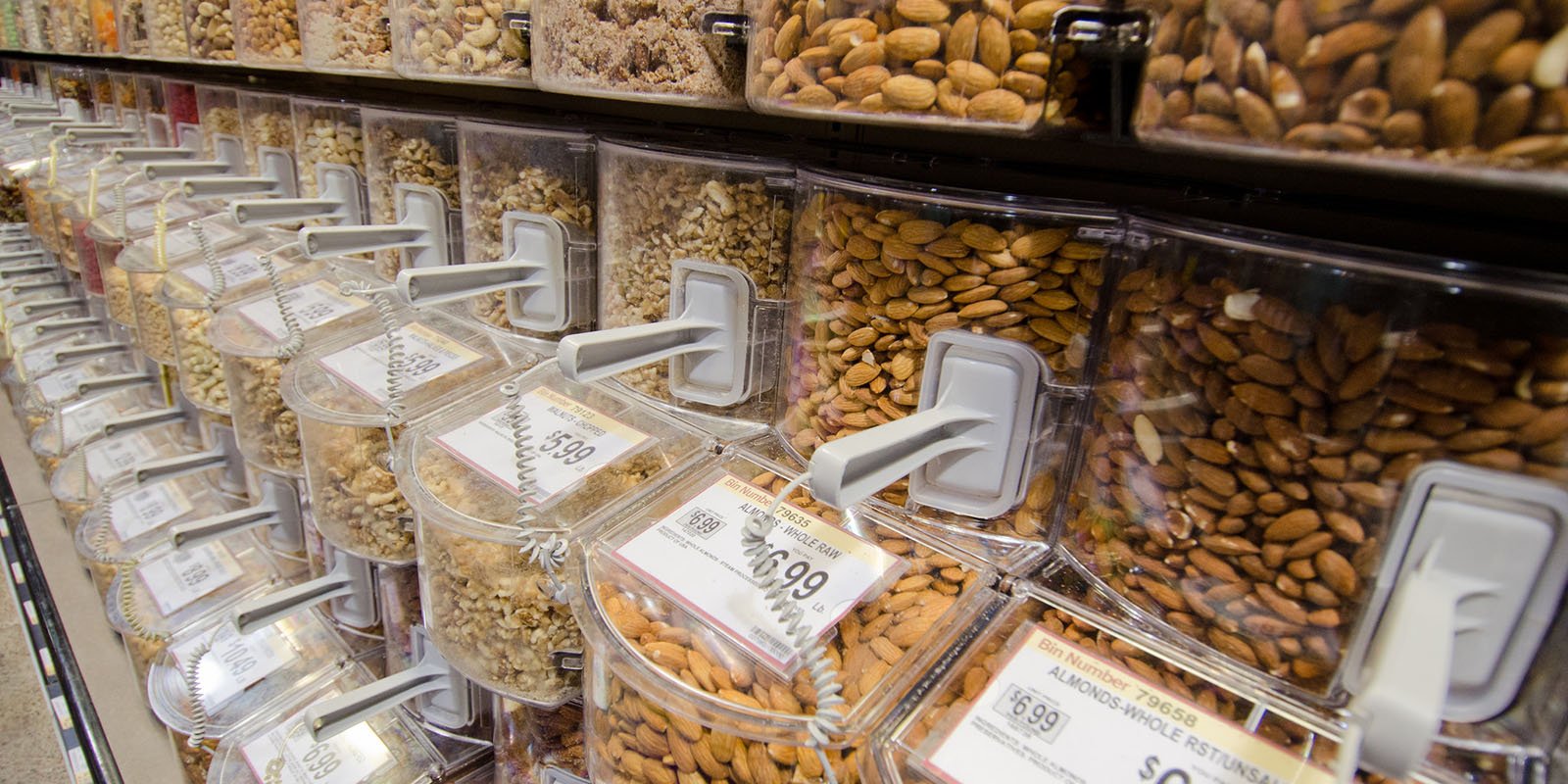
Photo credit: Flickr/USDA
8/ Buy Exactly What You Need
Look at the quantity of ingredients you’ll need, and buy that exact amount whenever possible. If you don’t need an an entire head of romain, hit the salad bar and get the right amount. Even if there are specials on buying a certain number of vegetables for a certain price, often if you just buy the amount you need, you’ll still get the deal.
9/ Don’t Go to the Store Hungry
Make sure you’re not starving before hitting the Piggly Wiggly. Shopping while hungry can lead to impulse buying, which ends up leaving you with more food than you need.
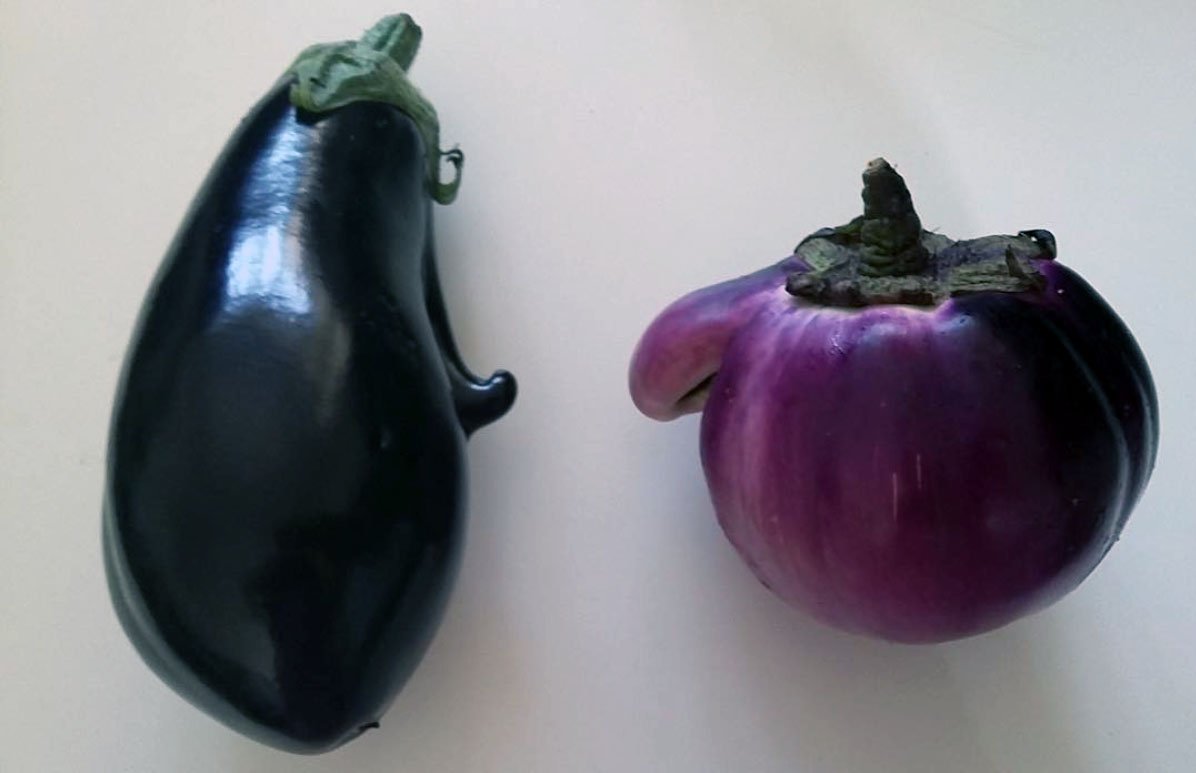
Photo: Instagram/@uglyfruitandveg
10/ Buy Misshapen Fruits and Vegetables
Just because something looks a little funny doesn’t mean it’s still not good. Even if it has a nick or a spot you don’t like, you can just cut it out later. Buying these foods saves them from being chucked at the end of the day. It also sends a message to grocery store clerks that these foods will be sold if they stock them.
Read More: Don't Buy These Foods If You Care About Humanity
11/ Organize Your Fridge
Take stock of what you have in your fridge, and arrange it by its sell-by date. This method is called Fi-Fo (first in, first out), and chefs around the world organize their fridges the exact same way. This way when you grab a yogurt, you’ll be sure to eat the oldest one first. Reviewing the contents of your fridge periodically will also help you remember what you need to use up the soonest.
12/ Keep a Well-Stocked Pantry
Having a variety of beans, jarred vegetables like artichokes, sauces, and grains will make it easier to put left-over ingredients to use at the end of the week. You can also pull together a meal entirely from pantry items if necessary, and skip the take-out!
13/ Expiration Dates
Speaking of expiration dates, use common sense. Expiration dates aren’t federally regulated, so it’s really just a guideline. If a yogurt’s expiration date was the day before, and it looks and smells fine, eat it, don’t chuck it.
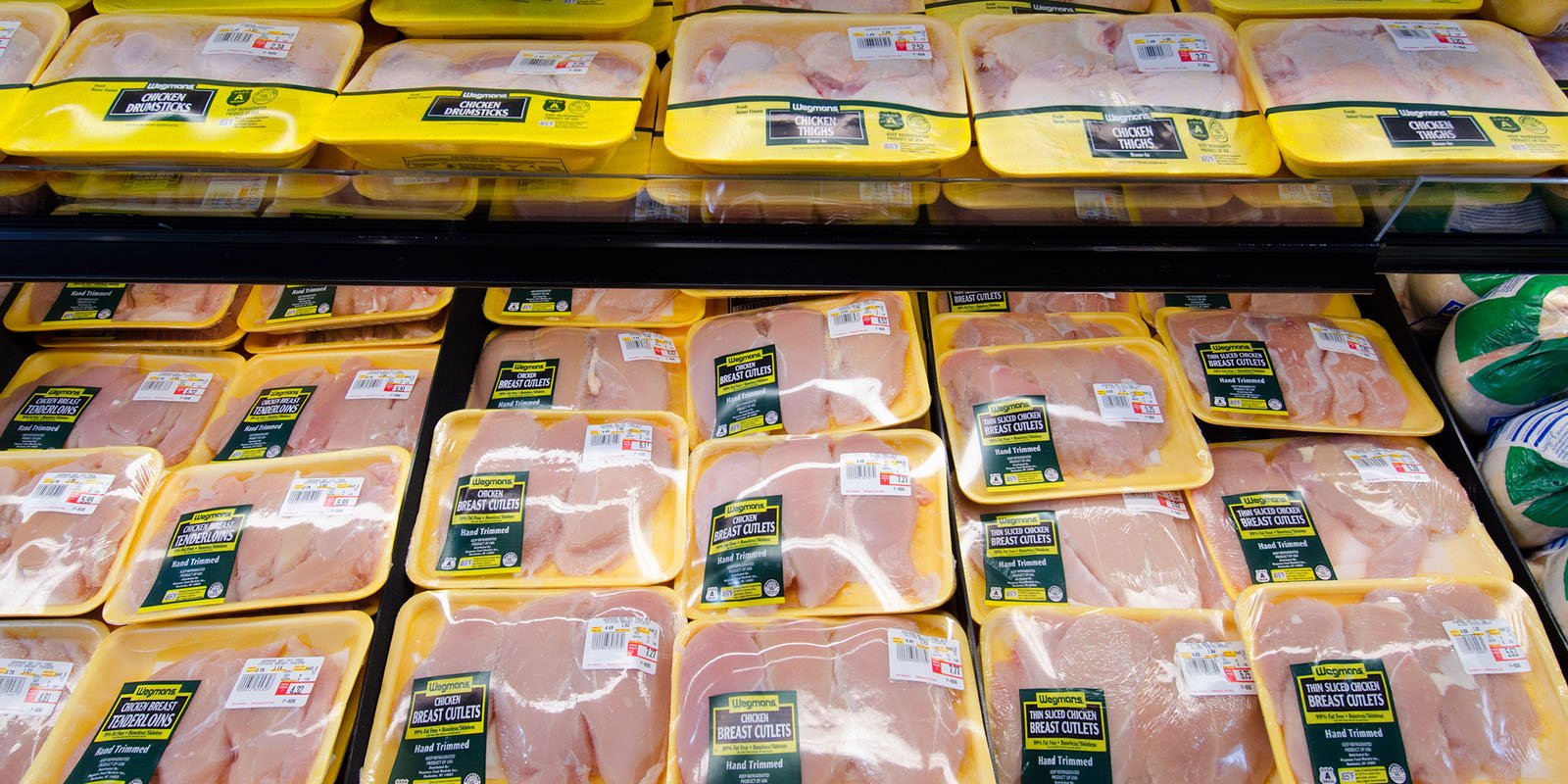
Photo credit: Flickr/USDA
Read More: 7 Myths About GMO Foods
14/ Fridge Temperature
Make sure your fridge is set to the right temperature for the food that’s inside it. A too-cold fridge can cause some foods, like milk, greens, and cooked meat, to go bad more quickly.
15/ Pack Your Lunch
Getting into the habit of taking your lunch to school or work will help you make the most of your leftovers. You can even plan your meals around which foods will carry well to work the next day. You’ll save money by not buying lunch every day, and all your delicious leftovers will be put to good use.
Read More: How Ugly Fruits and Vegetables Reduce Food Waste
16/ Get a Doggie Bag
If you do go out for dinner and have leftovers, ask for a doggie bag! The kitchen will just throw it away, and you may as well put it to good use.
17/ Food Check-Ups
Check in on your fresh food daily. If you notice the cherry tomatoes are getting a little wrinkly, reorganize your meals so you can eat them sooner than later.

Photo credit: Flickr/archeon
18/ Learn How to Cook
Knowing the basic techniques in the kitchen, how to prepare certain things, and what flavors go well together will go a long way with making the most of your grocery shopping.
19/ Experiment
If you end up with an odd array of food items at the end of the week, see what you can make of it. It forces you to be creative, and can lead to wonderful dishes you wouldn’t have thought up on your own.
Read More: Why Vertical Farming May Be Our Future
20/ Use a Recipe Website
There are many recipe websites out there where you can search by ingredients, and discover new things to make with what you have in your kitchen.
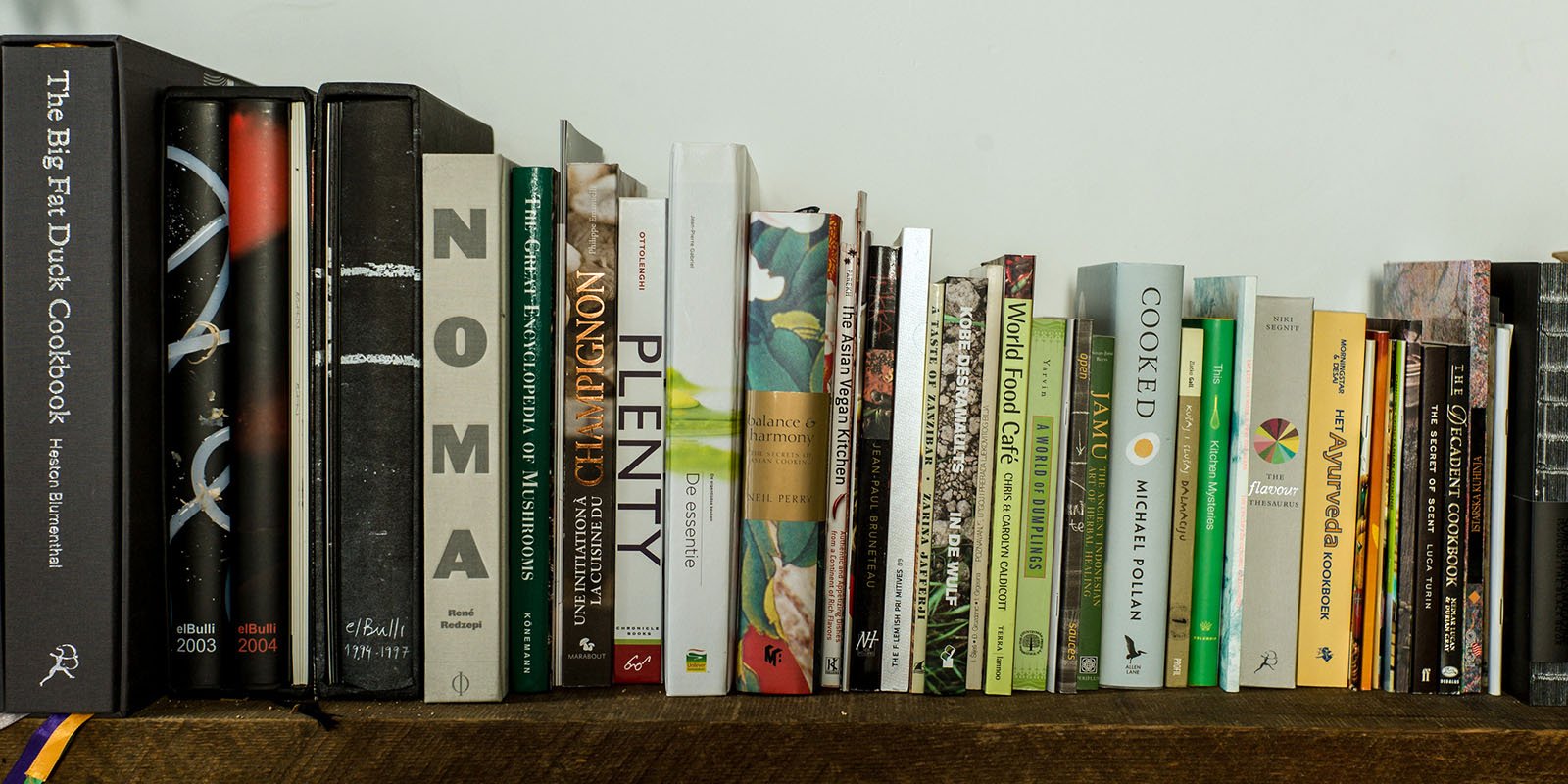
Photo credit: Flickr/Foam
21/ Follow the Recipe!
It sounds like a no brainer, but if you’re not a professionally trained chef, going off script can lead to unappetizing results that you might not actually want to eat. Stick to the recipe to ensure a quality outcome. This also keeps portions in check, so you don’t even up with too many leftovers.
22/ Complete Cooking
Try to use as much of your ingredients as possible. Leave the skins on your veggies, and just trim off the parts that can’t be digested. The extra greens that come with some vegetables, like carrots and beets, can often also be cooked and eaten.
Read More: These Children Survived Boko Harem — But Now They're Starving
23/ Cook in Batches
Making large pots of soup, stew, or chili can take a lot of the guesswork out during a busy week. Pick a recipe that’s hearty and flavorful. Plan on a side salad to accompany it each night. These pack wonderfully for lunches, too!
24/ About Those Leftovers
Be thinking about how you can repurpose leftovers from one meal to the next. If you have Taco Tuesday one night, and have too many sautéed peppers and onions left over, make a frittata the next night with those veggies.
Read More: Everything You Need to Know About Food & Hunger
25/ Keep a List of Wasted Food
Write down everything you throw away or into your compost pile. This will reinforce your awareness of how much you are wasting, and help you keep track of what items you are overbuying.
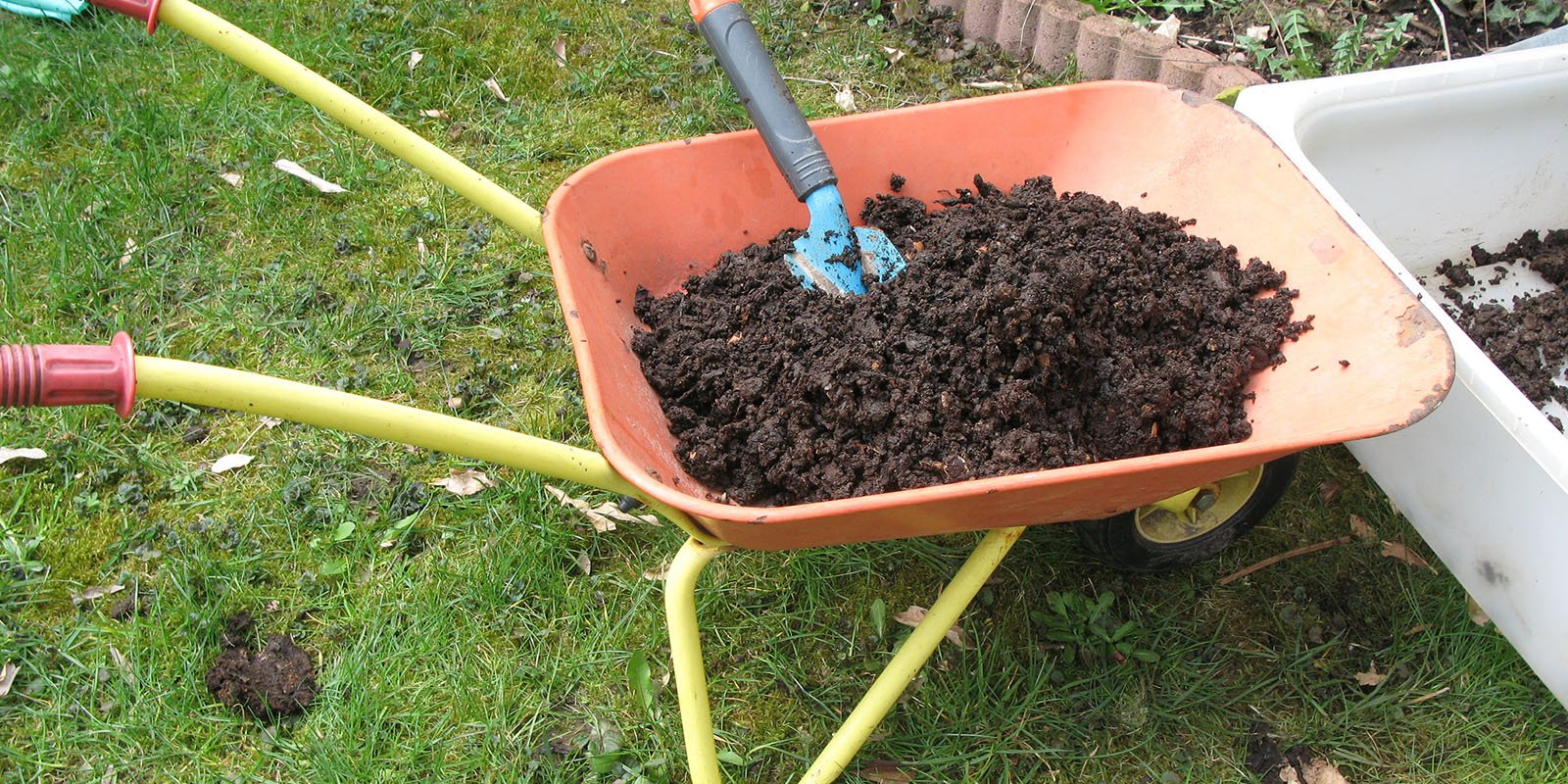
26/ Compost
Give unused food new life in your garden. Keep a small, air-tight container on your counter to make collecting compost material no hassle (or you can store it in the freezer). Empty it into a larger container outside if you’re in an urban area, or onto your compost pile in your yard, nightly. Next season, your flower beds and vegetable garden will thank you!
27/ Food Storage
Be smart about how you store your foods in your fridge and pantry. Make sure produce that lasts longer in the fridge is stored there. This handy chart shows where to store food in your fridge. If you know you won’t see something in the next few days, and it can be frozen, stick it in the freezer now. Keep a good collection of reusable, air-tight containers in your kitchen so your leftovers stay nice and fresh. Also, research what the best ways to store certain foods are. Your asparagus will last a lot longer if you keep it standing upright in a bit of water, for example.
Read More: Want to Waste Less Food? Teach Kids to Cook
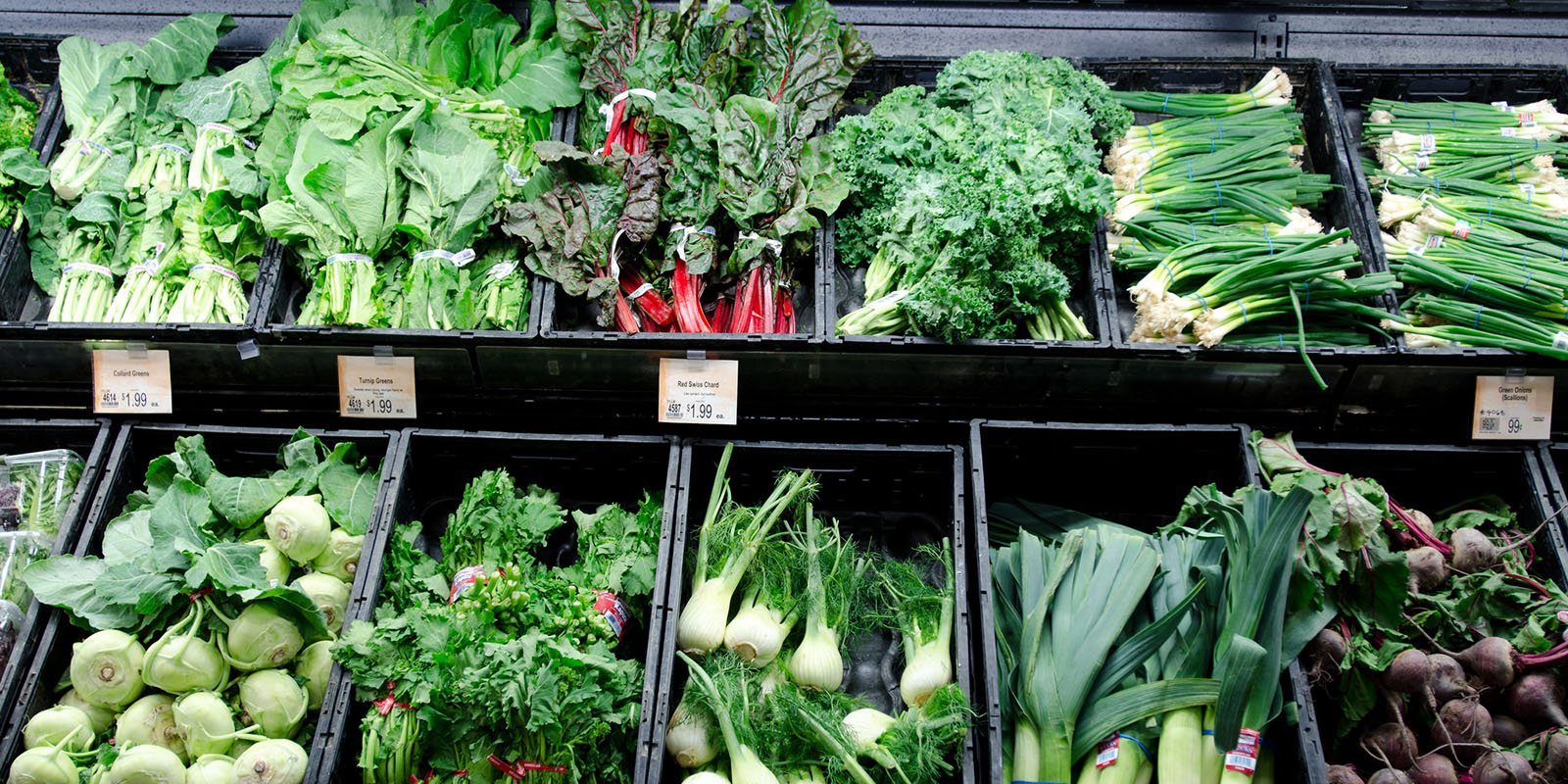
28/ Wilting Fruits and Veggies
If you have fruits and veggies that are going back before you can make a proper meal, you can still put them to good use. Throw your aging fruit into a blender and make a smoothie. Use your wilting greens in a soup.
29/ Throw a No-Food-Waste Dinner Party
If you did buy too much food for the week and you think it will go bad before you can enjoy it all, invite some friends over for dinner! You can even make it a potluck, if you don’t think you can supply an entire meal. If your friends are anti-food waste like you, you can even make it into a weekly or monthly event where people bring whatever they have hanging around their fridge over to your place. Once you have all the ingredients together, see what you can make out of it.
30/ Be a Good Neighbor
If you are leaving town but still have good food in your kitchen, check with your neighbors. Most likely they’ll be happy to take a few ripe tomatoes or those herbs off your hands. If you have a soup kitchen nearby, stop in and ask if you can drop food off when you have extra.
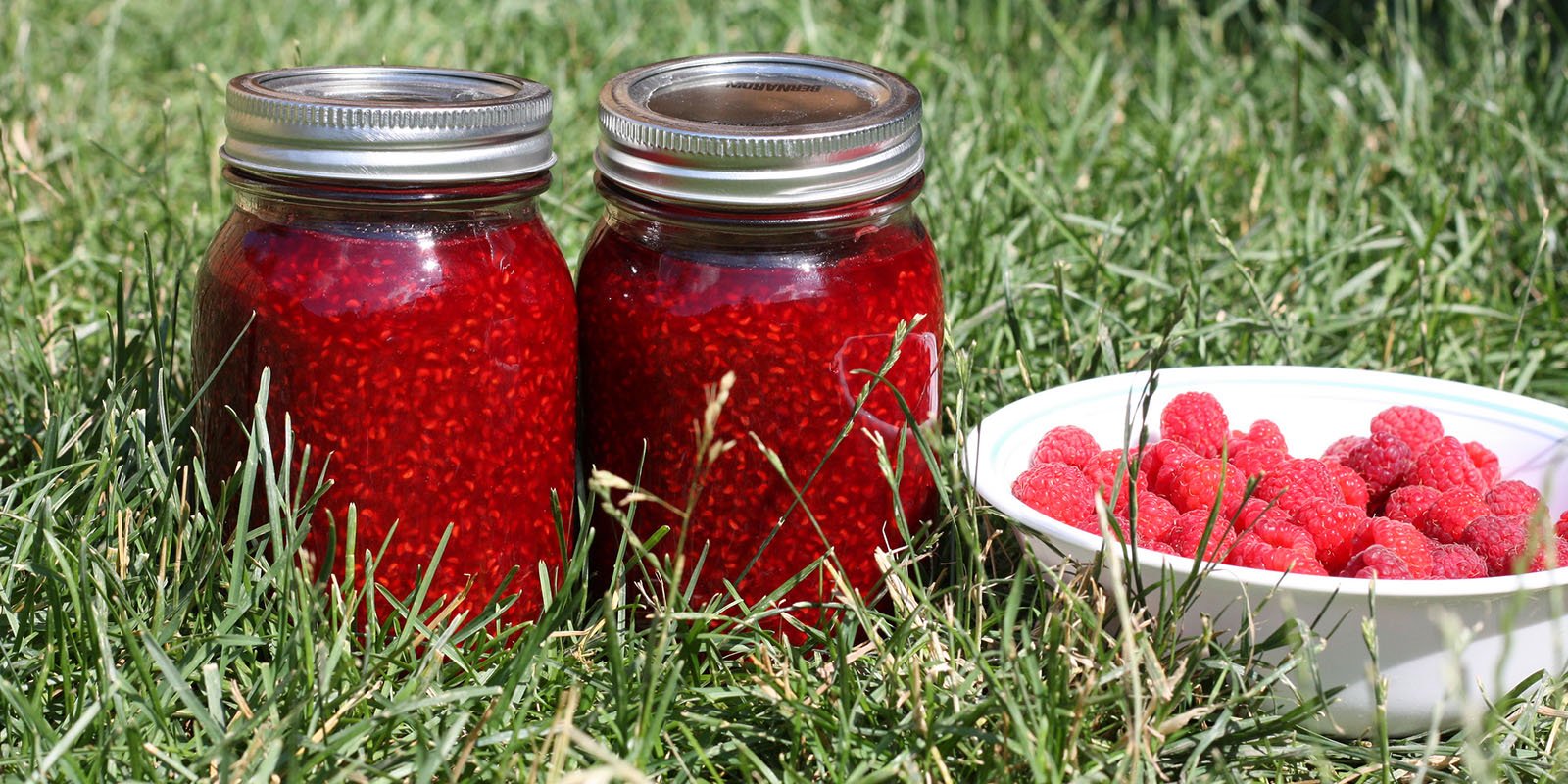
Photo: Flickr/yhwong
31/ Preserve It!
There are many ways you can actually preserve your food so you can enjoy it later. You can pickle, can, smoke, salt, vacuum-pack, or dry out lots of fresh fruit, vegetables, and meats. Home-pickled vegetables and homemade fruit jams make wonderful gifts, too.
32/ Sharing What You Know
Without being preachy, let friends know there are simple ways to reduce food waste. If you’re out together at a restaurant, and they don’t plan to take their leftovers, ask if you can. Talk about meal planning and how it’s helped your budget. More importantly, lead by example.